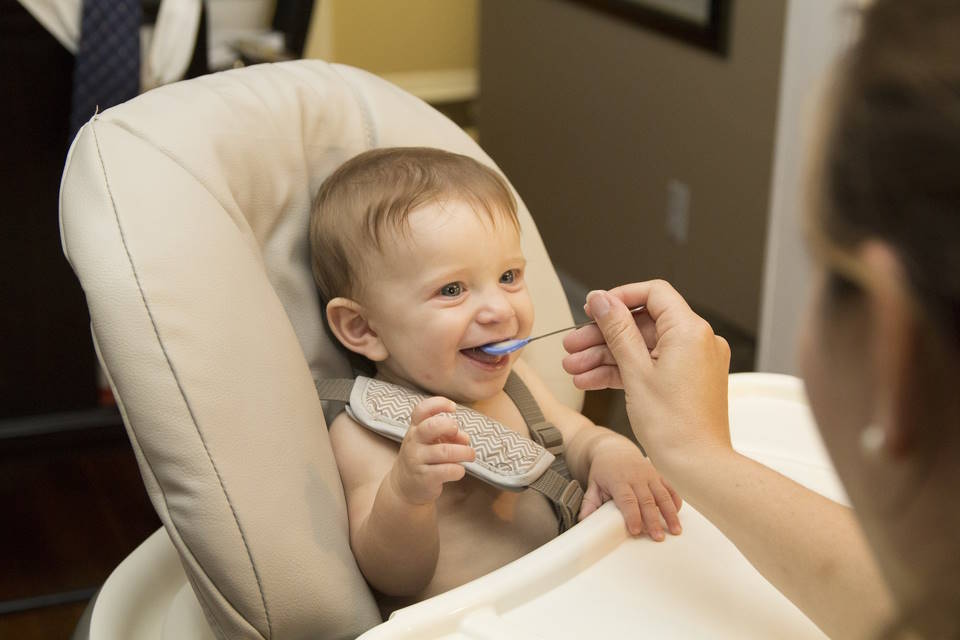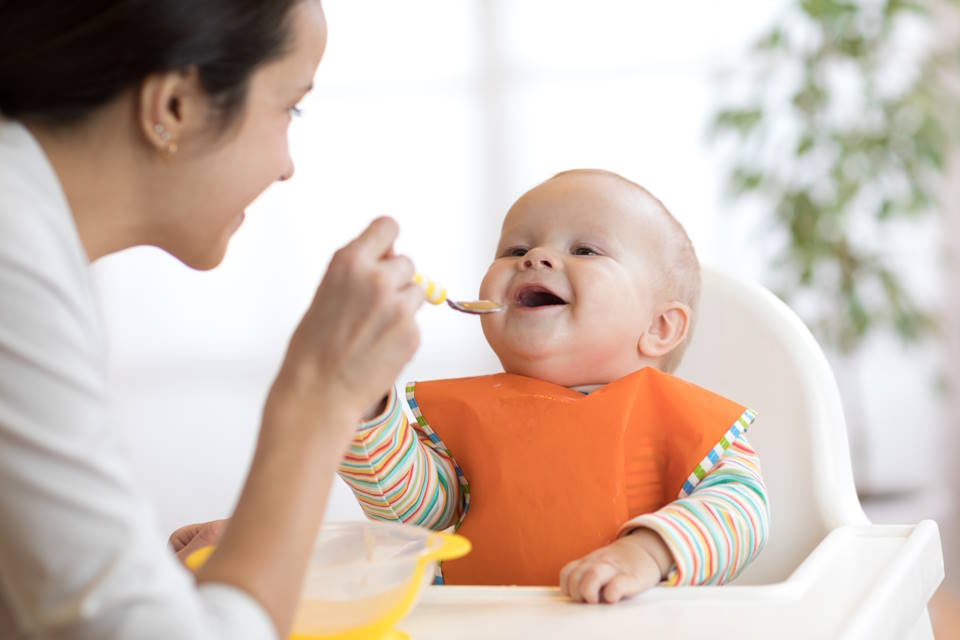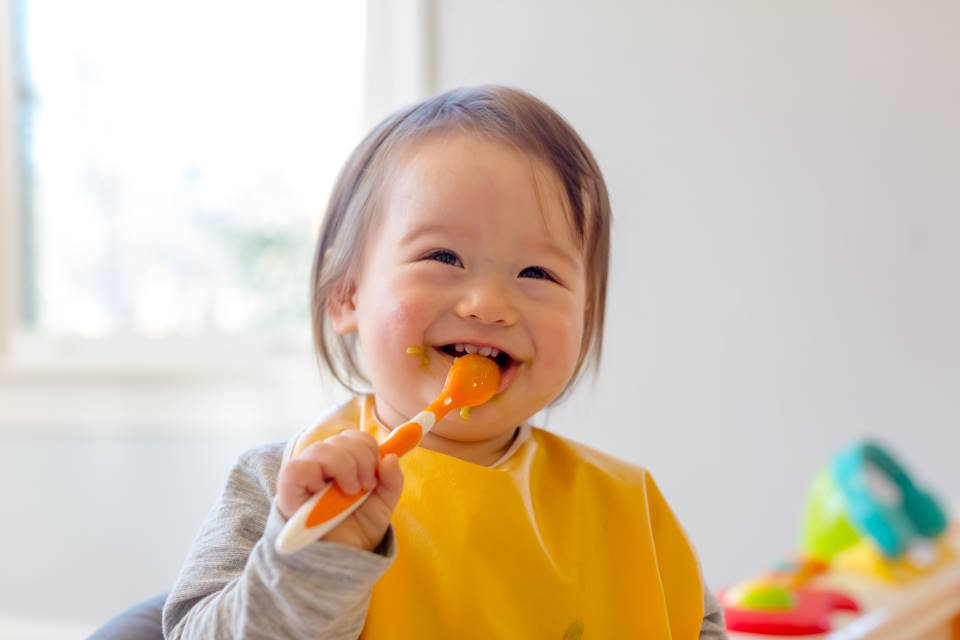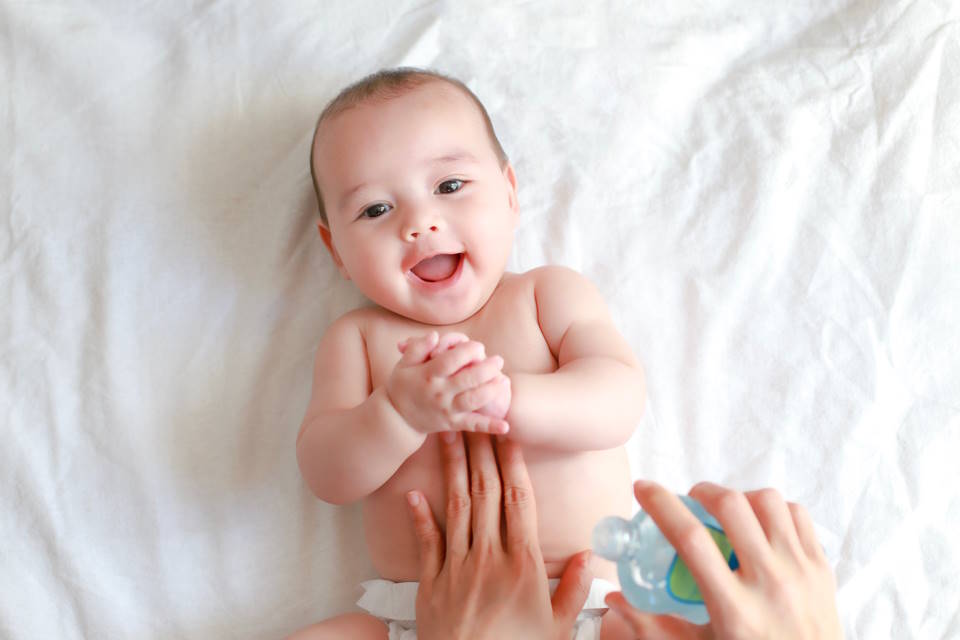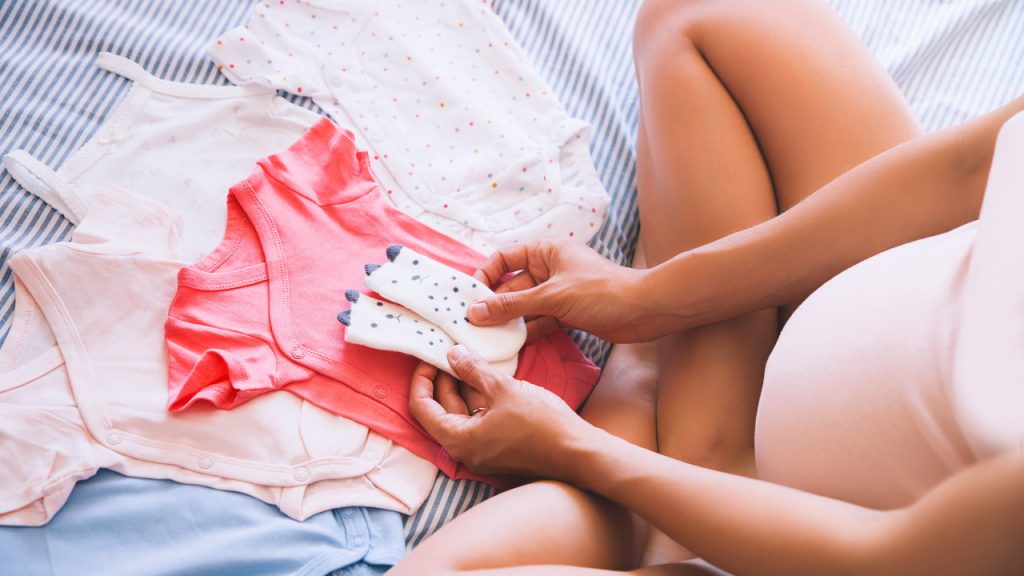Introducing solid foods to your baby can be an exciting time, and you may be wondering when you can introduce pickles to your little one. The good news is that pickles can be a safe and healthy food for babies if introduced at the right time and in the right way. We’ll explore the age at which babies can eat pickles, how to introduce them, potential benefits, concerns regarding feeding pickles to babies, and whether or not pickles can cause diaper rash. So, if you’re a parent searching for answers about feeding pickles to your baby, keep reading to learn more.
Introduction
Many parents wonder if they can give pickles to their babies. After all, pickles are a popular snack and condiment that many people enjoy. However, when it comes to babies, there are a few things to consider before introducing pickles into their diets.
Firstly, it is important to note that pickles are generally high in sodium. This means that babies who consume too many pickles may be at risk of developing high blood pressure or other health problems. It is important to limit your baby’s intake of pickles to avoid these risks.
Secondly, babies may not be able to digest pickles properly. This is due to the vinegar content in pickles, which can be too acidic for a baby’s digestive system. Introducing pickles too early in your baby’s diet can cause stomach discomfort, including diarrhea and vomiting.
So, at what age can babies eat pickles?
Babies should not eat pickles before the age of 1 year old. At this age, babies can safely eat a wider variety of foods, including pickles. However, it is still important to introduce pickles carefully.
If you want to introduce pickles to your baby’s diet, start with small amounts. Peel and slice the pickle into small, bite-sized pieces and offer it as a finger food. Monitor your baby’s reaction for any signs of discomfort or allergic reactions. It is also important to space out the introduction of new foods in your baby’s diet to ensure they do not have any adverse reactions.
| Benefits of pickles for babies |
|---|
| Pickles can add variety to your baby’s diet, providing new tastes and textures for them to explore. |
| Pickles contain vitamins and minerals that are important for your baby’s growth and development, including vitamin K, potassium, and calcium. |
| Pickles can help improve digestion due to their probiotic content, which can help promote healthy gut bacteria. |
At What Age Can Babies Eat Pickles?
Parents often look forward to the time when their babies can start eating solid foods. It’s a time of exploration and discovery as they introduce new flavors and textures to their little ones. However, not all foods are safe for babies to eat, and pickles are no exception. Many parents wonder at what age can babies eat pickles.
Introduction of solid foods
According to the American Academy of Pediatrics, babies can start eating solid foods at around 6 months of age. Before this time, babies’ digestive systems are not mature enough to handle anything other than breast milk or formula. It is important to introduce solid foods gradually and one at a time, waiting a few days before introducing a new food. This helps to identify any potential allergic reactions or digestive issues.
Pickles and their readiness for babies
Pickles are made by soaking fruits or vegetables in brine, which is a solution of vinegar and water, salt, and spices. While pickles are generally safe for babies to eat, they may not be suitable for all babies. Pickles are high in sodium, and too much sodium can be harmful to babies. Additionally, some pickles may contain added sugars or preservatives that are not good for babies.
- When introducing pickles to your baby’s diet, it is important to choose pickles that are low in sodium, added sugars, and preservatives.
- You can also make homemade pickles, which are generally healthier for babies.
How and When to Introduce Pickles in Your Baby’s Diet?
Introducing solid foods to your baby can be both exciting and confusing. It is essential to introduce solids at the right time and the right pace, taking into account your baby’s nutritional needs and developmental readiness. If you are wondering how and when to introduce pickles to your baby’s diet, you have come to the right place.
When Can Babies Eat Pickles?
Before discussing how to introduce pickles to your baby, it is crucial to know if your baby is ready to eat them. According to the American Academy of Pediatrics (AAP), babies can start trying solid foods between four and six months of age. However, it is always best to check with your pediatrician to determine your baby’s readiness and any food restrictions or allergies.
How to Introduce Pickles?
Now that you have determined that your baby is ready for solid foods, you may want to introduce pickles into their diet. Pickles are low in calories, high in antioxidants, and contain probiotics that benefit gut health. It is best to start with small amounts of mashed or pureed pickles, mixed with breast milk or formula milk. You may also add pickles to your baby’s cereals or pureed fruits and vegetables. It is vital to start with a small amount and monitor your baby for any adverse reactions before introducing more.
Concerns About Feeding Pickles to Babies
Introducing solid foods to your baby’s diet is an exciting milestone, but it can also be daunting as a parent. You want to make sure that your child’s diet is healthy and nutritious. Pickles are a popular food item that many parents wonder if they can introduce into their baby’s diet, but there are some concerns to consider.
- Possible Choking Hazard
- High Sodium Content
- Pickling Process
One major concern with feeding pickles to babies is the risk of choking. Whole pickles or large pieces can become lodged in a baby’s throat and pose a choking hazard. Therefore, experts recommend slicing pickles into small, bite-sized pieces that are easy for babies to eat.
Another concern with pickles is their high sodium content. Babies have a low tolerance for salt, and too much salt in their diet can lead to health problems. Pickles are often high in sodium due to the pickling process. So, if you do decide to introduce pickles to your baby’s diet, be mindful of their salt intake and limit their portions.
Additionally, the pickling process itself can raise concerns. Some pickles are made with vinegar, which can be too acidic for babies to consume. Also, certain chemicals like preservatives and artificial colors may be added during the pickling process, which can be harmful to babies. As a result, it is essential to read the labels and choose pickles carefully, ensuring that they are baby-friendly.
Potential Benefits of Pickles for Babies
As parents, we always strive to provide the best nutrition for our babies. One food that might not be the first to come to mind when it comes to baby food is pickles. Surprisingly, pickles can actually provide potential benefits for babies.
1. Probiotic Properties: Pickles are fermented vegetables and are considered as a natural source of probiotics. Probiotics are good bacteria that aids in digestion and supports the immune system. Introducing pickles to your baby can help promote the growth of good bacteria and keep their digestive system healthy.
2. Nutrient-Rich: Although pickles are low in calories, they are rich in vitamins and minerals such as Vitamin C, Iron, and Calcium. These nutrients are essential for building strong bones and supporting overall growth and development in babies.
| Vitamin | Amount in Pickles |
|---|---|
| Vitamin A | 1.1 mcg |
| Vitamin C | 16.5 mg |
| Iron | 0.4 mg |
| Calcium | 8 mg |
3. Teething Relief: Teething can be a challenging phase for babies. The pressure from chewing on a pickle can provide temporary relief from the pain and discomfort associated with teething. However, it’s important to never leave a baby unattended while they are chewing on anything.
Although there are potential benefits to feeding pickles to your baby, it’s important to introduce them slowly and in small amounts. Pickles can be high in salt and can cause dehydration if consumed in excess. Always consult with your pediatrician before introducing pickles to your baby’s diet to ensure it’s appropriate for their individual needs.
Do Pickles Cause Diaper Rash?
Pickles, the crunchy and tangy snack, are enjoyed by people of all ages. Babies, too, can have pickles but the question that comes to our minds is, “Do pickles cause diaper rash?” Well, let’s find out.
Pickles and diaper rash
- Multiplying bacteria
- Change in stool consistency
- High-sodium content
These are the three main reasons that could result in diaper rash due to feeding pickles to babies.
If pickles are not stored properly, there is a high chance of bacteria growth. This bacteria could multiply quickly and once consumed by babies could lead to diaper rash. Secondly, the high vinegar content in pickles usually changes the stool consistency resulting in diarrhea, which in turn could lead to diaper rash. Thirdly, pickles are known to have a high sodium content which can cause irritation and rashes in the diaper area.
Ways to avoid diaper rash caused by pickles:
If you still want to introduce pickles in your baby’s diet, there are ways to do it safely to avoid diaper rash.
- Feed in moderation ensuring that your baby does not consume too much at once.
- Mix pickles with other baby foods like pureed vegetables to avoid any sudden change in the stool consistency
- Properly store pickles and other foods in the refrigerator to avoid bacterial growth
- Ensure fiber-rich foods and plenty of fluids are given to your baby to avoid any constipation that could occur
Although pickles may seem harmless, it is important to note that they could cause diaper rash if not consumed in moderation. Therefore it is important to take caution and properly introduce pickles into your baby’s diet. It is always best to consult with your pediatrician for professional medical advice before introducing new foods to your baby’s diet.


